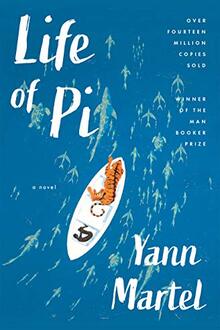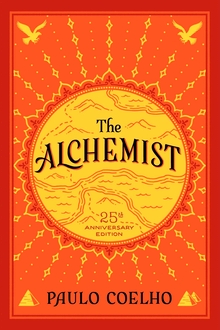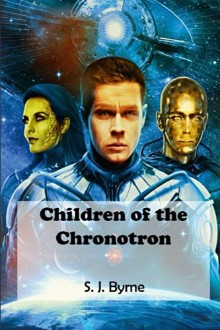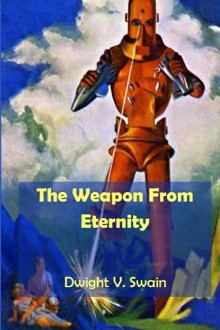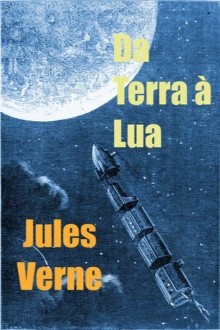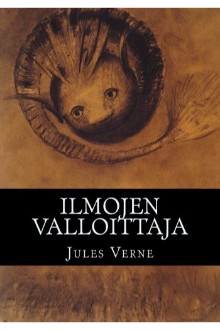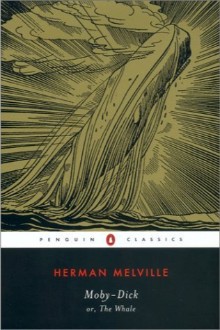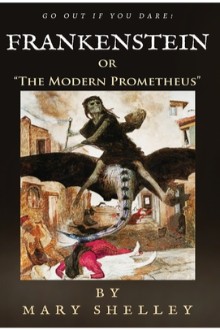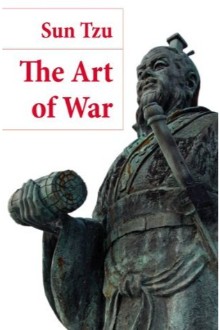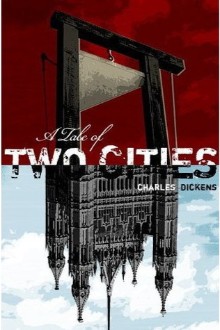The White Man’s Foot by Grant Allen
Excerpt: …a second mirror on the summit of the mountain, in a good position for observing the lake of fire and the smoke-stacks in its centre. On this simple form of telegraphic arrangement Frank flashed me news by the Morse code; so many long and short flashes in certain fixed and regular orders standing each for a certain letter: and I flashed him back by the same method my directions and remarks on his own despatches. In this way we constantly kept up quite a brisk conversation by means of the mirrors. “Lava now rising in the main basin;” Frank would flash over to me. “Any fissures?” I would ask. In a minute the answer came promptly back, “Yes, two, in the black basalt.” “Steam issuing from them?” “None at present, but clouds of dense smoke forming slowly in the second cavern.” “All right: then note its volume and direction.” And so forth for an hour at a time together. It relieved the monotony of my existence on my sick bed thus to carry on by proxy my accustomed avocations: and I was glad to feel I wasn’t quite useless, even with my broken leg to weigh me down, but was honestly earning my bread (or at least my taro-paste) from the subscribers to the British Association Seismological Committee Fund. One evening, towards the end of my convalescence, Frank came in in very high spirits (for Mauna Loa had been smoking like a German student that day) and found Kea busy as usual at her endless task of making her own very extensive trousseau. She was at work now on a long white satin train, which certainly seemed to me far more expensive and handsome in texture and quality than I should ever have expected a Hawaiian half caste girl to wear for her wedding. “What a swell you are, Kea!” Frank cried, half chaffingly. “I wonder what sort of a match you expect to make, that you’re getting yourself up so smart for the occasion?” Kea glanced back at him with a painfully sad and serious face. “I’m going to marry a very important personage indeed,” she said solemnly. “A…
First published January 1, 1888
The old priest of Mauna Loa, the great Hawaiian volcano, is to all outward appearance a good, civilized Christian man, who has discarded his old beliefs and has heartily accepted the more excellent way offered him. All the while he keeps the old priest’s mask in his closet and the old faith in his heart. His contact with the scientific explorers who come to pry into the secrets of his great goddess works out into a decidedly interesting tale, a little too full, perhaps, of hairbreadth escapes in situations from which escape seems impossible, and is found only at the very last possible moment, when all hope has been given up, but a well-sustained narrative throughout.












